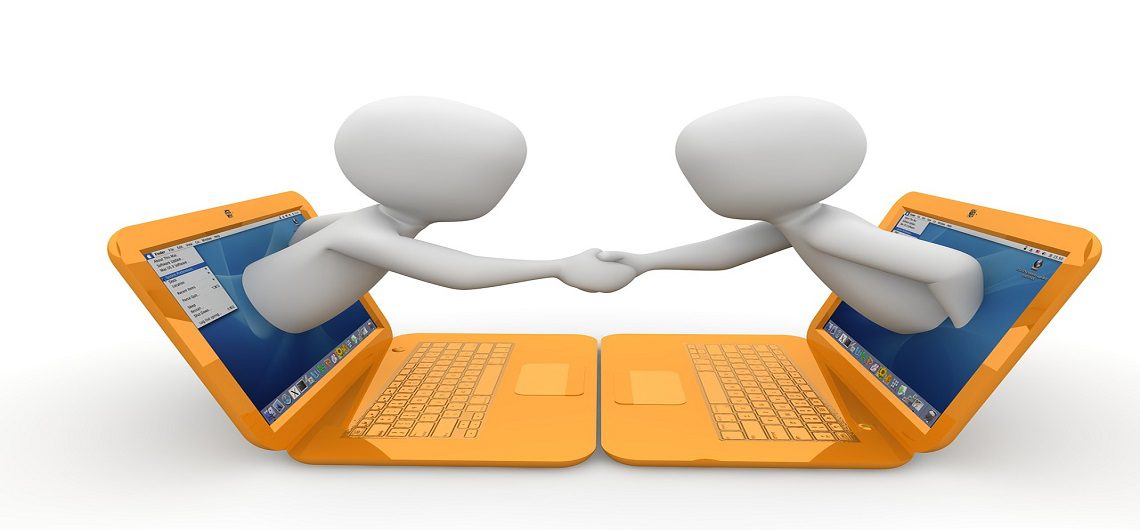by Greg Williams
He observed the opposing member’s body language and noted a rise in their opposition. He thought – this intervention is not going well. I’ll display a stronger resolve through my body language when I speak. And that will enhance my words.
Even those not astute at reading body language become swayed by their gestures. Some they see, and others they miss – their subconsciousness may capture the latter. That may lead to someone thinking, ‘I had a hunch or a feeling about that. But I didn’t know what it meant.’ In reality, that was their intuition summoning their consciousness. When one notices the slight gesture of someone biting their lips, hands on hips, or an intense glare, those gestures convey a message.
You can use the following information about reading body language to resolve opposition to your position.
Identify Alliances:
Always know who’s aligned with whom before you attempt an intervention. Without that insight, you don’t know who might be your real friend or foe. That’s important because, without that knowledge, you can’t confront the real force that opposes you. Thus, there may be a stronger force with superior powers that go unaddressed. And that could leave you going in circles wondering why you’re not advancing.
To identify possible factions aligned against you, consider planting misinformation about one group in the other. And note what that information does within those units. In particular, observe what the info does per new alliances the opposition forms. You can glean additional insight by visually inspecting the coalitions when you’re in the same environment. Do that by noting who congregates with whom and any other nonverbal exchanges that occur. You’re looking for the slightest of shifts to increase your advantage. If the forces are still committed to one another as before, that might indicate the information was insufficient for its purpose. It could also imply that there’s a stronger alliance than you’d imagined. And an FYI, this tactic is served better if you have a confidant within your targets midst place the information.
While some might consider this maneuver to be underhanded, depending on the threat confronting you, it may be well warranted – even if some revile you. Just be mindful that those with the most to lose will be the ones that contest you the most. Once uncovered, they’ll be the real opponents challenging your position.
Understanding One Important Body Language Queue:
To identify alliances through body language, observe gestures passed between members of the opposition. Such gestures as one member placing a hand on the shoulder of another while talking can silently indicate that he’s seeking support from that person. You can also observe someone searching for assistance when a person speaks, and someone from his group places a hand on his shoulder. Since the prior gesture can also be a form of control (i.e., let’s not go that far), take note of when it occurs and who initiates the action. If it’s a “let’s not go that far” intent, the person displaying the gesture may be a leader behind the scenes or someone that you can use later to control the person speaking. Using a veiled leader in that capacity would allow you to use the hidden powers of an influencer.
Signs of Escalation:
Some body language gestures are like canaries in a coal mine – they foretell pending danger.
- Face-To-Face
You can sense some body language gestures before the display becomes altered. Thus, those displays reflect the emotional state of that individual at that moment. Those signals are called micro-expressions.
There are other signs to observe, such as hand flexing, the hand becoming a fist, displaying a grimacing demeanor while moving closer to you, and increasing the rate of speech. Such indicators can be the signal of emotional elevation, which can lead to hostile escalations.
It’s important to note such signals because they can indicate a change in the mental temperature. And that could put you in a worse position – which can lead you and them to become unreceptive to logical thinking.
- On Phone
When speaking on the phone, listen for deep sighing, the deliberation of words, and the pace of speech of the person with whom you’re talking. As someone’s ire becomes heightened, you’ll hear the rise of it through those nonverbal queues. Note if you’re displaying such gestures too. Because regardless of who commits those actions, it’s an opportunity for you to shift the conversation in a direction that suits your purpose.
Reflection:
You can note the effectiveness of your efforts by the shifting positions your opponents adopt. Note the shift verbally and physically when in person. That’ll indicate their attempts to seek an opening they can exploit. Which means they’re on the defense.
Thus, when intervening in situations, depending on the value of the outcome, do so with vigor – don’t dither. Dithering can waste your time and hamper your position. And that’s something you can’t afford. Use the body language signs mentioned before, during, and after an intervention. They’ll put you in a more powerful position… and everything will be right with the world.
Remember, you’re always negotiating!
About the author
Listen to Greg’s podcast at https://anchor.fm/themasternegotiator











































